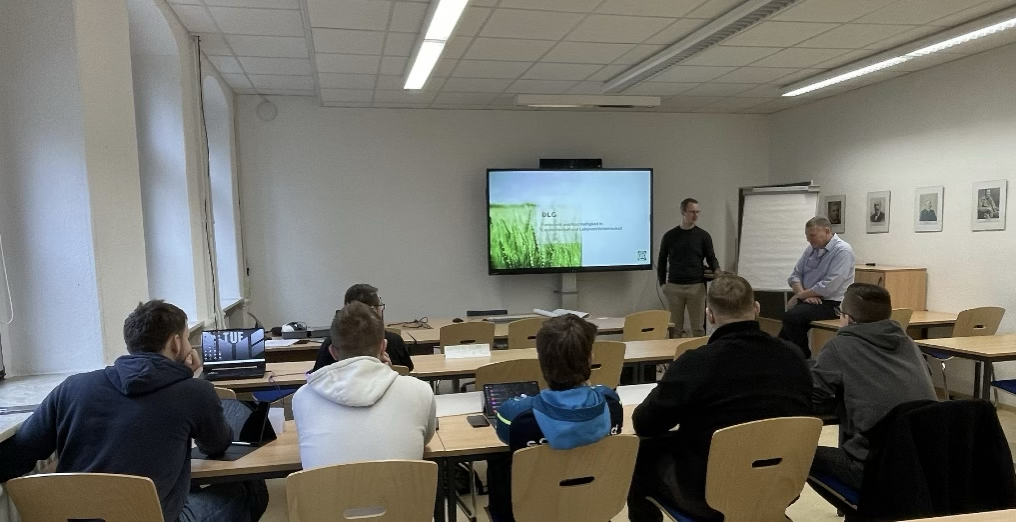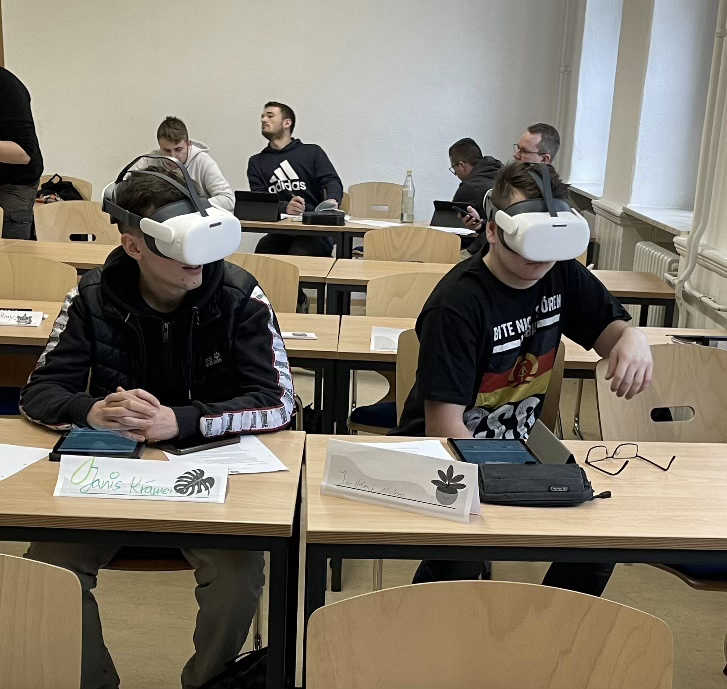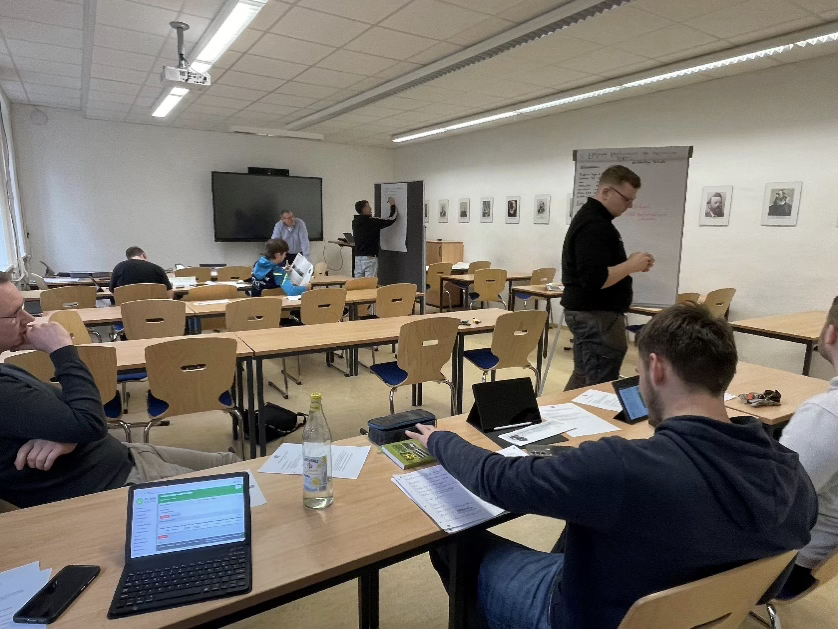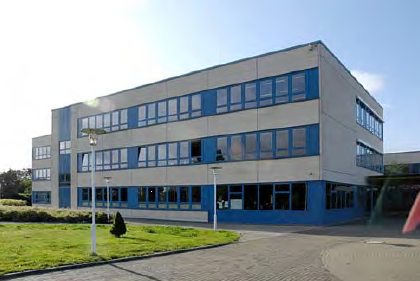Two DLG (German Agricultural Society) experts arrived at the Vocational School for Agriculture in Haldensleben on 6 February 2025. The lessons with the students on the ‘Full-time agricultural business economist’ training programme started at 10 am. At the beginning of the workshop, the DLG experts gave a rough overview of the legal framework conditions at German and European level. They focussed on the topics of crop protection and animal welfare in relation to the EU Green Deal and the resulting farm to fork and biodiversity strategies. There was also an excursus on the corresponding legal texts in which animal welfare and the restoration of natural areas are anchored.
A key topic was the Nature Restoration Regulation, which sets binding targets for the restoration of damaged ecosystems and presents farmers with new challenges. It was shown how these requirements affect agricultural land and what measures can be taken to promote biodiversity.
The National Action Plan for Plant Protection was also discussed. This aims to reduce the use of chemical pesticides and promote sustainable alternatives. The EU's Common Agricultural Policy (CAP) was also discussed, which supports more environmentally friendly agriculture through targeted funding measures, such as organic regulations and programmes for agri-environmental and climate measures.
Finally, it was emphasised that all these measures are aimed at integrating nature conservation more strongly into agricultural practice and ensuring environmentally friendly production in the long term. The speakers showed which parameters need to be taken into account when assessing sustainability on farms and what opportunities arise for farms as a result of future-orientated management.

After the basics were presented, the students were divided into two large groups, according to their individual and professional inclinations: Animal farming working group and plant production working group. Both groups were given work instructions prepared by DLG employees.
In the animal farming working group, the topic was ‘The future of animal farming using pig farming as an example’. To this end, the students dealt with funding opportunities as well as the funding programme ‘Bundesprogramm Umbau der Tierhaltung’. Other topics that came up in the group discussion included the Animal farming Labelling Act and direct marketing options. After successfully completing their work, the students presented their findings to the other group. The students' work was supported by VR glasses, which provided an intensive insight into the stables and the keeping of pigs, poultry and dairy cattle.

The plant production working group focussed on crop protection reduction. Within this group, there were three smaller groups focusing on: 1) Harmonised Risk Indicator, HRI, 2) Pesticide Load Indicator, PLI, 3) Synoptic evaluation of plant protection products, Synops.
The students prepared for the workshop by bringing their own example crop rotations from their farmland. They also wrote down their use of plant protection products. Based on this, a practice-orientated application of, for example, the HRI to the practical examples of the students was carried out. The results and possible conclusions as well as recommendations for action were discussed and assessed in this context. Sustainability was not only seen as a legal requirement, but also as an opportunity for the future of the companies.

Many thanks to Julia Würth for this article.
